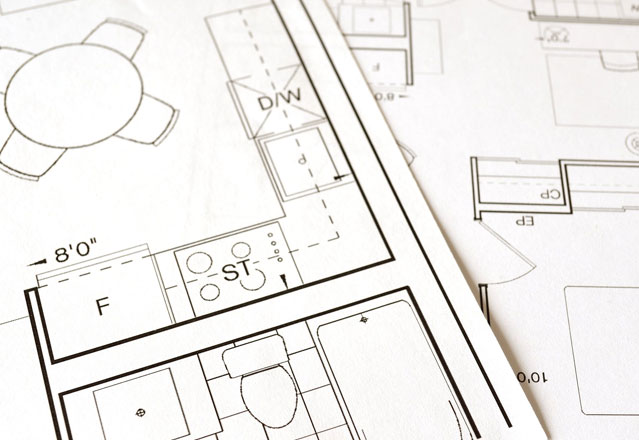What You Need to Know When Turning Your Home Into a Duplex
Turning a single-family home into a duplex isn't a new idea. In fact, investors have been doing this for years to help maximize their returns. But the trend is now making considerable waves among homeowners who are looking for creative ways to help cut their mortgage payments.With half of their homes serving as rental properties, homeowners can charge their tenants half of what their regular mortgage payments are, so all they have to cover is the remaining half. Or, a homeowner can continue paying their regular mortgage and apply the rent toward the loan's principal, thus paying the home off sooner.Of course, as interesting as this idea might be, there are some things you need to know before you start putting up walls and making major renovations. Here are four important things you need to consider when turning your home into a duplex.
1. Zoning Issues
Your home is more than likely zoned as a single-family dwelling. So, before you can turn it into a two-family structure, you need to check with your local zoning commission to see if you can have your zoning changed. Depending on where you live, this can be easy or difficult, and free or expensive. Regardless of these considerations, you'll still be required to purchase the appropriate permits to do the work legally.
2. Requirements for a Two-Family Dwelling
Each state and municipality has their own requirements for a home to be considered livable. So, you will need to ensure that the second-half of your home is equipped with everything a home needs in order to satisfy the requirements. While you should check with your local building office to verify the requirements, the basics tend to include the following:
- Each residence needs to have its own entry door (in some cases, two doors leading outside)
- Each residence needs a bedroom, bathroom, and a kitchen (or kitchen area)
- Separate electric, gas, and water meters for each residence
A two-family dwelling may also have different fire code requirements, so you should check with your local building department to make sure your duplex meets the fire codes in your area.

3. Lender and Home Value Issues
You are not legally bound to notify your lender of your plans to change your home into a duplex, but they will find out if you ever apply for another loan from them, like one for making home improvements or a home equity loan. Depending on your lender, they may see this change in a negative light because two residents are riskier than just one. This can cause your loan approval odds to be lower.Depending on your location, the change can either improve your home's value or cause it to decline. If it rises, then your lender may be more willing to work with you.
4. Tax Changes
Making this change in your home will cause inevitable changes in your taxes. For starters, you can expect your property taxes to go up. But, since the other half of your home is an investment property, you will be able to make a wide variety of deductions that you aren't eligible for with your primary residence.You'll be able to deduct utilities, property taxes, maintenance costs, mortgage interest, HOA fees, and insurance costs on your duplex unit. You may even qualify for a homestead exemption on your primary residence.

Looking for the Ideal Property to Turn Into a Duplex? Try Homes.com
There are several benefits and challenges when turning a home into a duplex. So, you need to do your due diligence before taking this type of job on, especially if you are turning your existing single-family home into a two-family dwelling.On the other hand, if you are looking for a property to purchase for an investment opportunity, then Homes.com is the place to start. We can help you find the ideal home in the area where you want to purchase. Search our listings today to find your next investment property.
